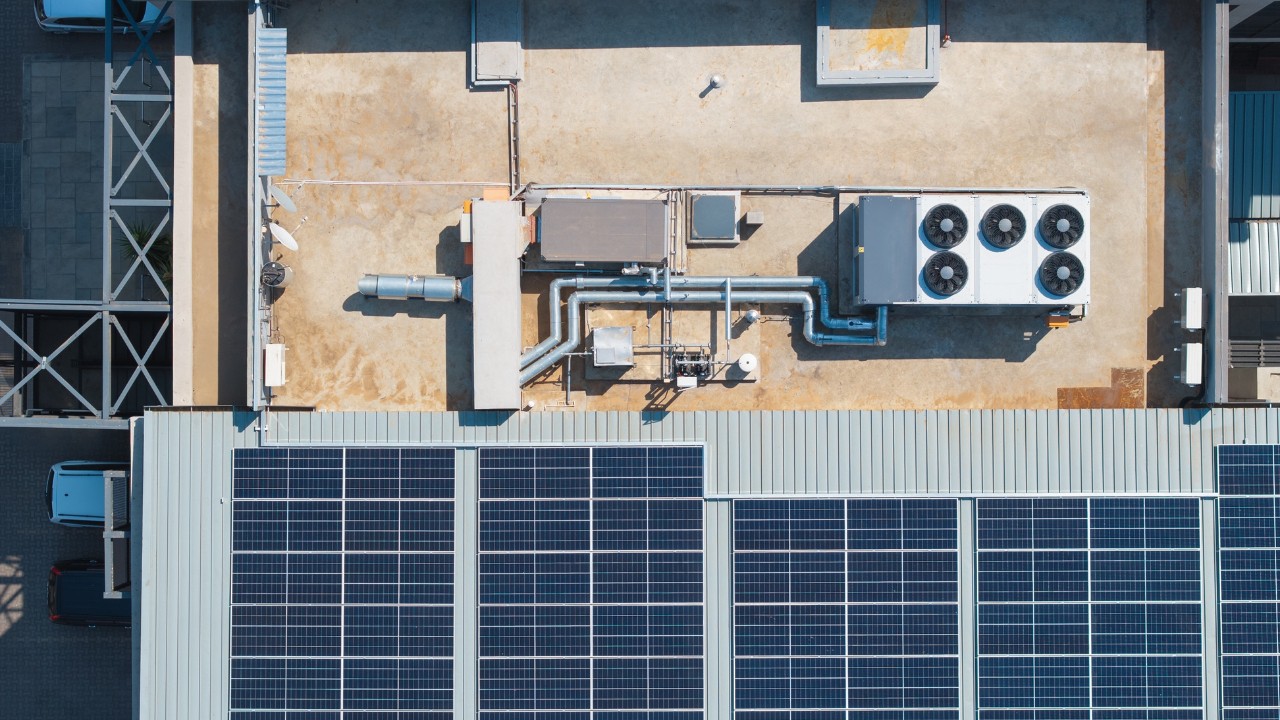When we think about electrification, our minds often jump to EVs, charging stations, or smart grids. But tucked quietly behind the buzz is a transformative capability with massive implications: Energy independence.
Energy independence is most commonly defined as the ability of a country, region, or business to meet its energy needs without relying on external sources — especially foreign energy supplies. Energy independence benefits countries and communities in profound and multidimensional ways — economically, geopolitically, environmentally, and socially. However, access to fossil fuels is not universal, which can create an uncomfortable power dynamic.
For example, Germany has faced several challenges related to fossil fuels, including dependence on imports, ongoing debates about energy security, and the need to decarbonize various sectors, particularly transport and heating. Germany’s Energiewende policy is a comprehensive effort to transition from a fossil fuel and nuclear-based energy system to one dominated by renewable energy sources, aiming for a low-carbon and independent approach to energy. Imports, which currently make up 70% of Germany’s primary energy, will fall to 27% by 2050, making Germany much less energy dependent. What’s more, imported coal and oil will decline by 99% and 79% respectively, according to the inaugural German Energy Transition Outlook (ETO) report.
How electrification enables energy independence at smaller scale
Unlike fossil-fuel energy systems, electricity can be owned end to end. Electrification opens the door to renewable power sources like rooftop solar panels that can generate electricity onsite. Electrified storage systems, like batteries, make it possible to hold and manage surplus energy for use when it’s most valuable, such as when sun or wind aren’t available, or when power demands spike. And electrified infrastructure that leverages intelligent energy management, especially in microgrids, can control how energy flows across systems.
How energy independence benefits businesses
For a business, energy independence typically refers to either generating its own electricity, or significantly reducing its dependence on the utility grid.
Following are four ways that energy independence benefits businesses.
- Less dependence on utility providers
Electrification allows businesses to install technologies like solar PV systems, battery storage, and smart panels — giving them the tools to generate, store, and manage electricity on site. This reduces the dependency on utility providers and gives businesses control over supply, pricing, and carbon impact. - Resilience during grid disruptions
Extreme weather events caused over 25 major grid outages in the U.S. in 2023 alone. Companies like Blue Lake Rancheria, a tribal casino and hotel in Northern California, avoided costly downtime during PG&E’s planned blackouts by switching to its microgrid — a mix of solar and battery power. - Cost control and predictability
Electricity rates can be volatile, especially during peak demand or an energy crisis. Energy independence locks in predictability. It allows businesses to forecast costs accurately, manage consumption smartly, and even monetize excess generation by feeding power back into the grid. - Geographic freedom
Remote or rural locations often suffer from poor grid access or inflated rates. With on-site generation and storage, businesses can operate nearly anywhere — without worrying about whether the local grid can support their operations.
Energy independence isn’t a future ideal — it’s a present-day strategy. For the first time, businesses have an opportunity to shift from being passive consumers at the end of a utility line to active producers — building resilience, improving cost control, and achieving sustainability goals on their own terms.
For more on the business benefits of electrification, visit www.panduit.com/electrification.


